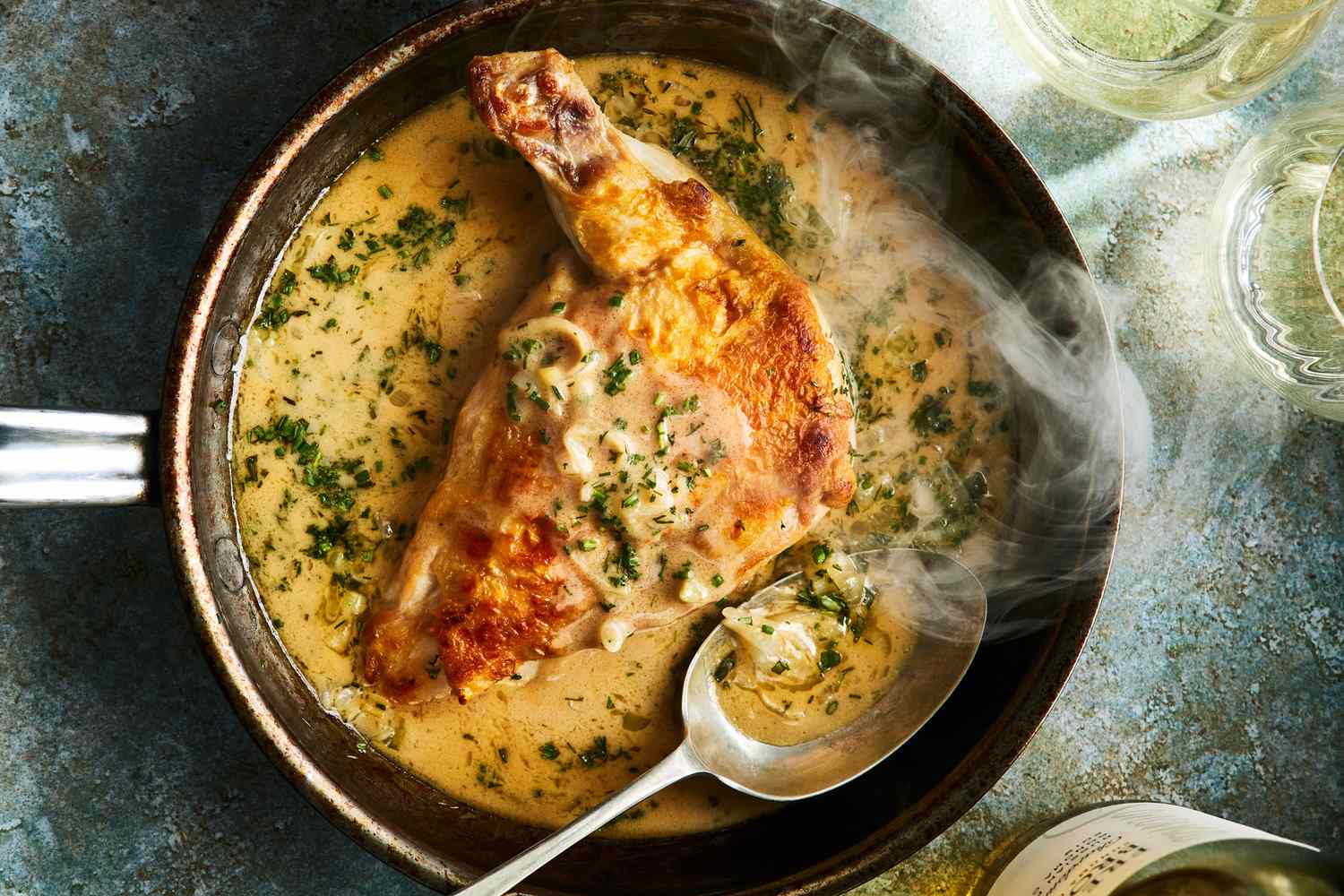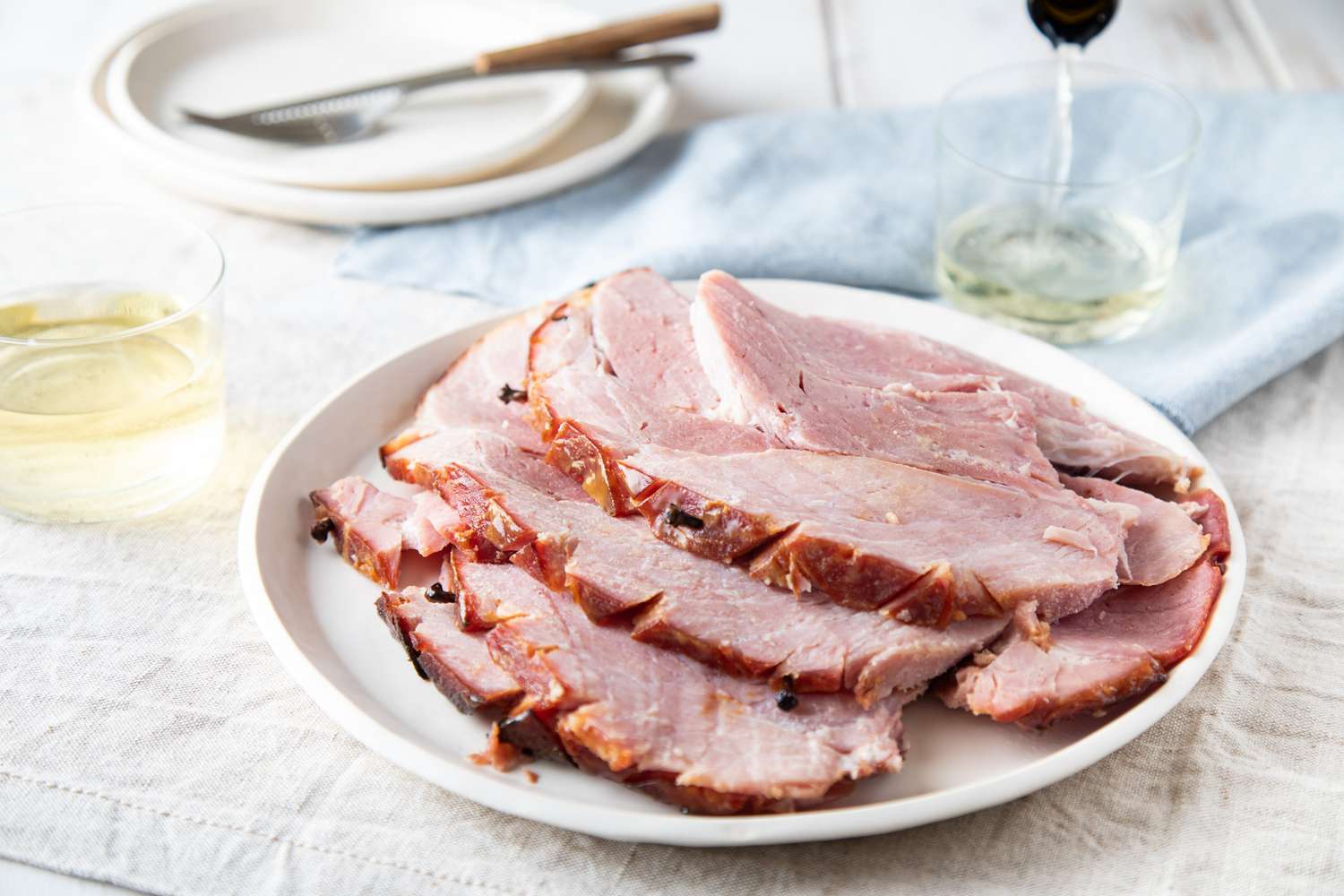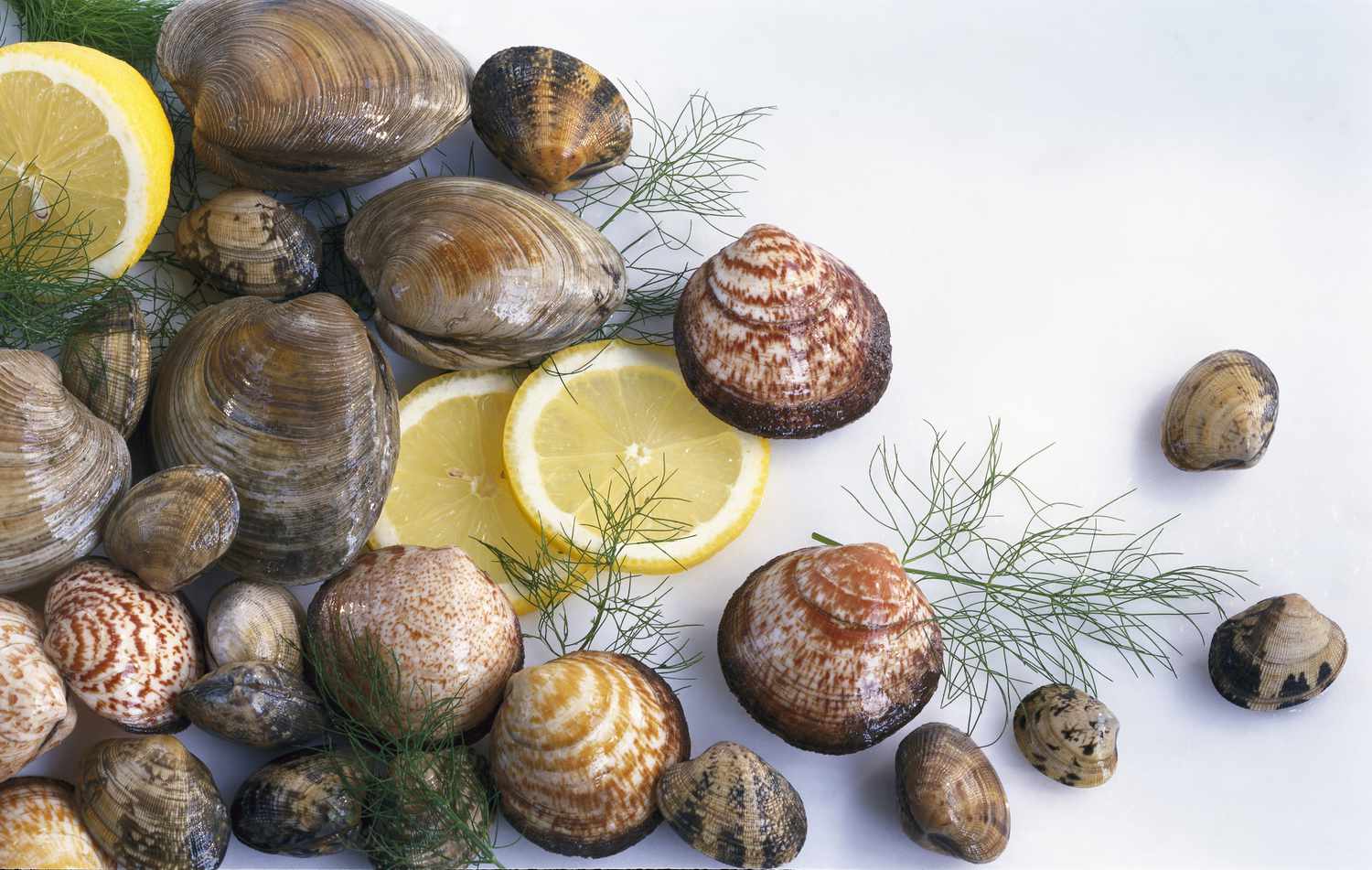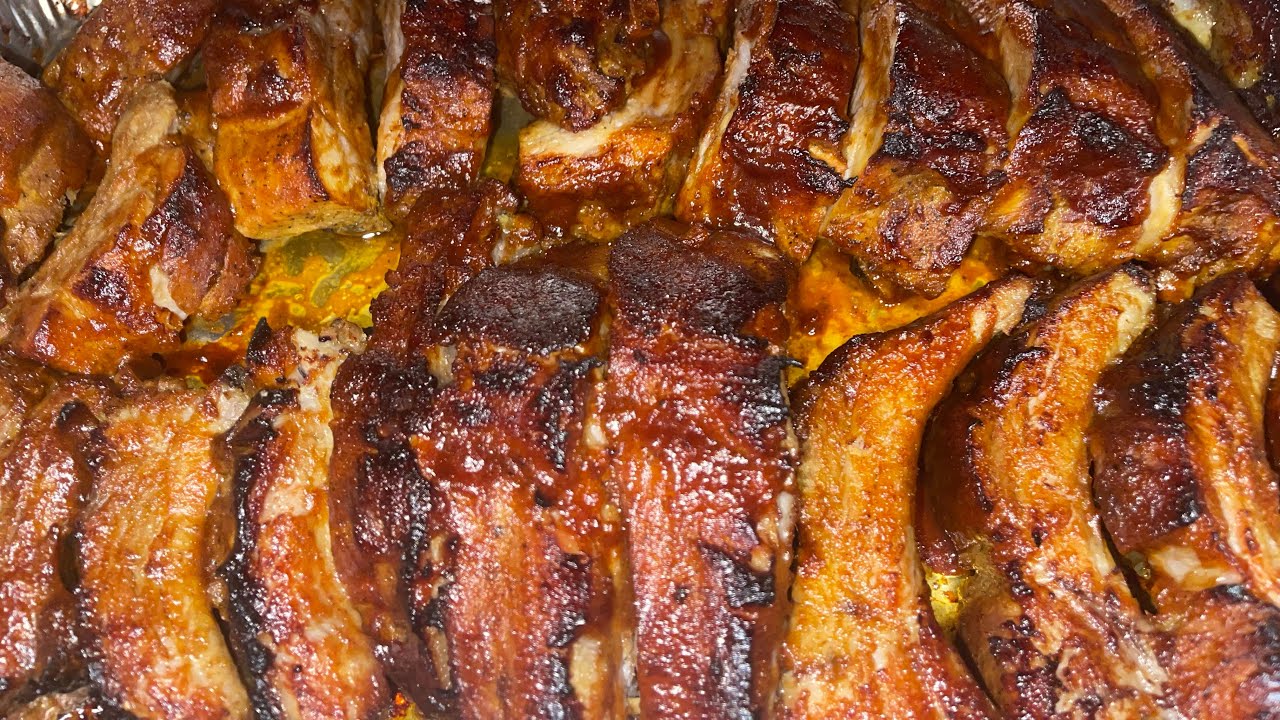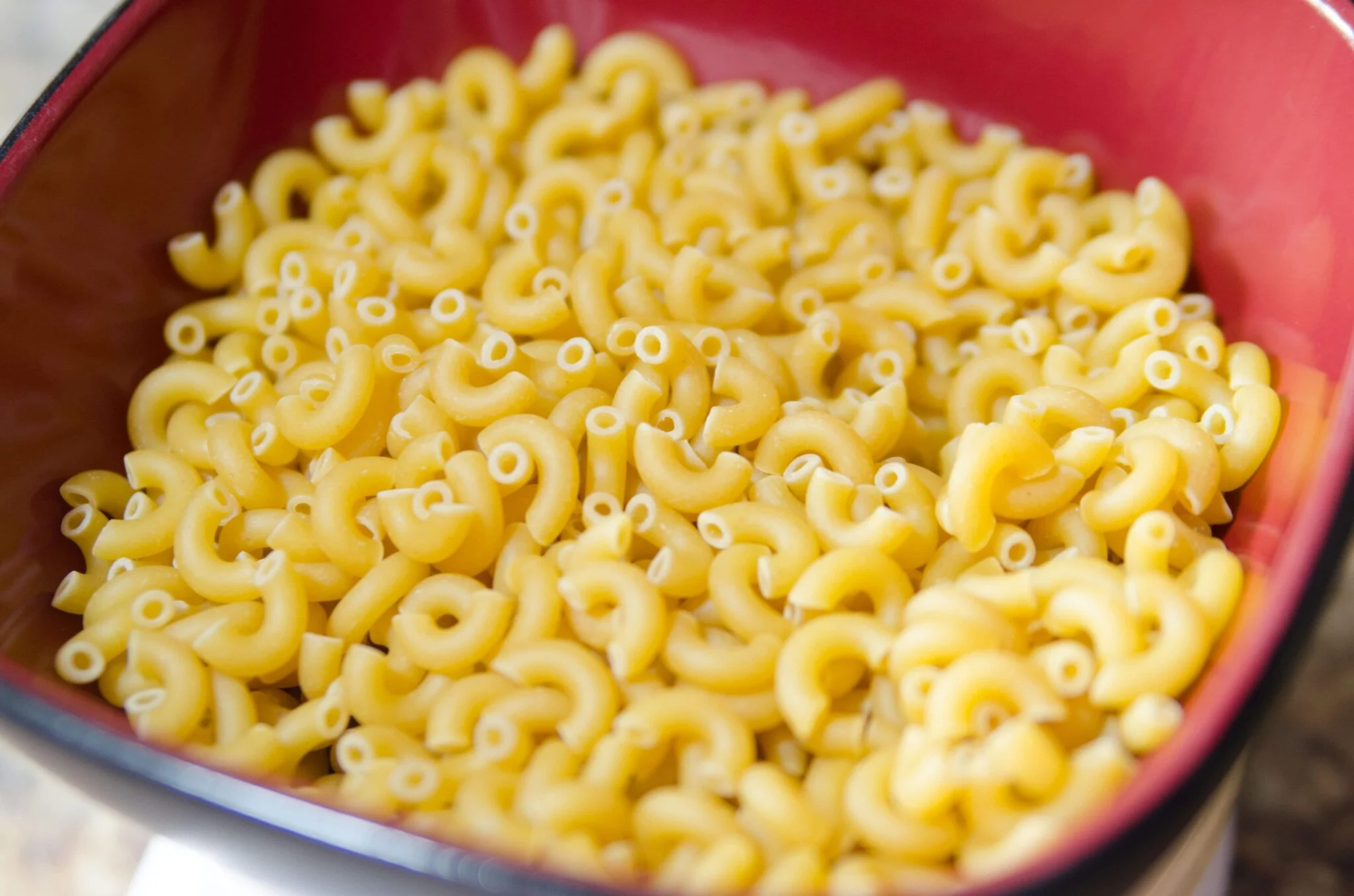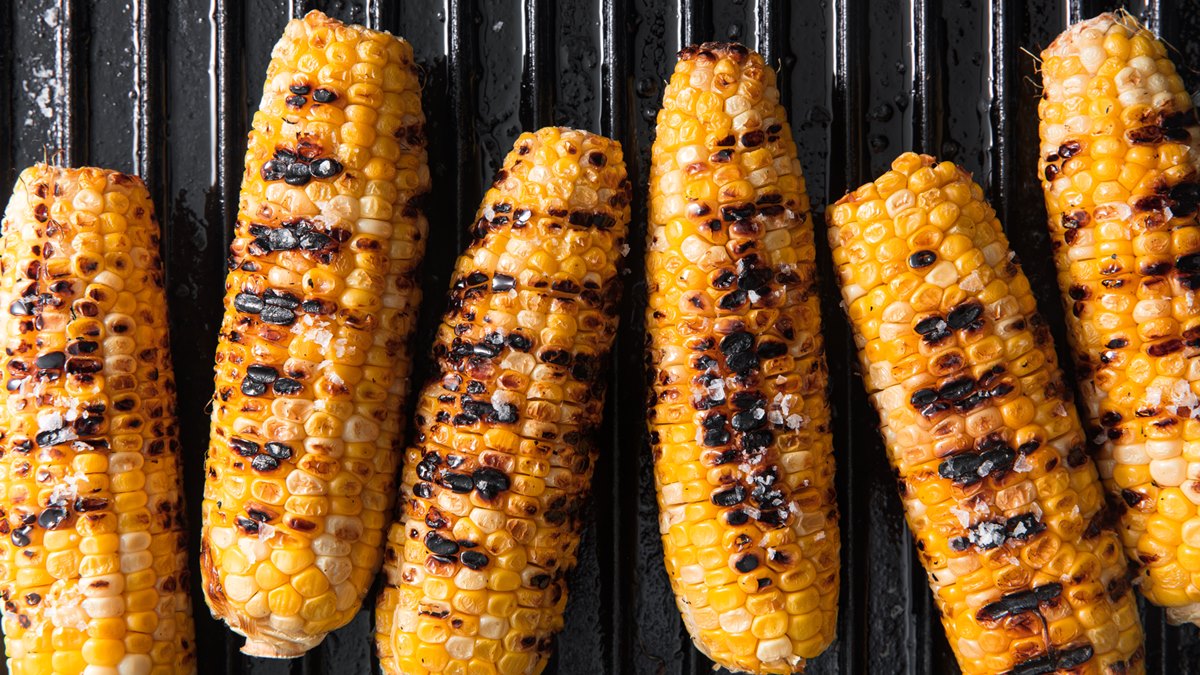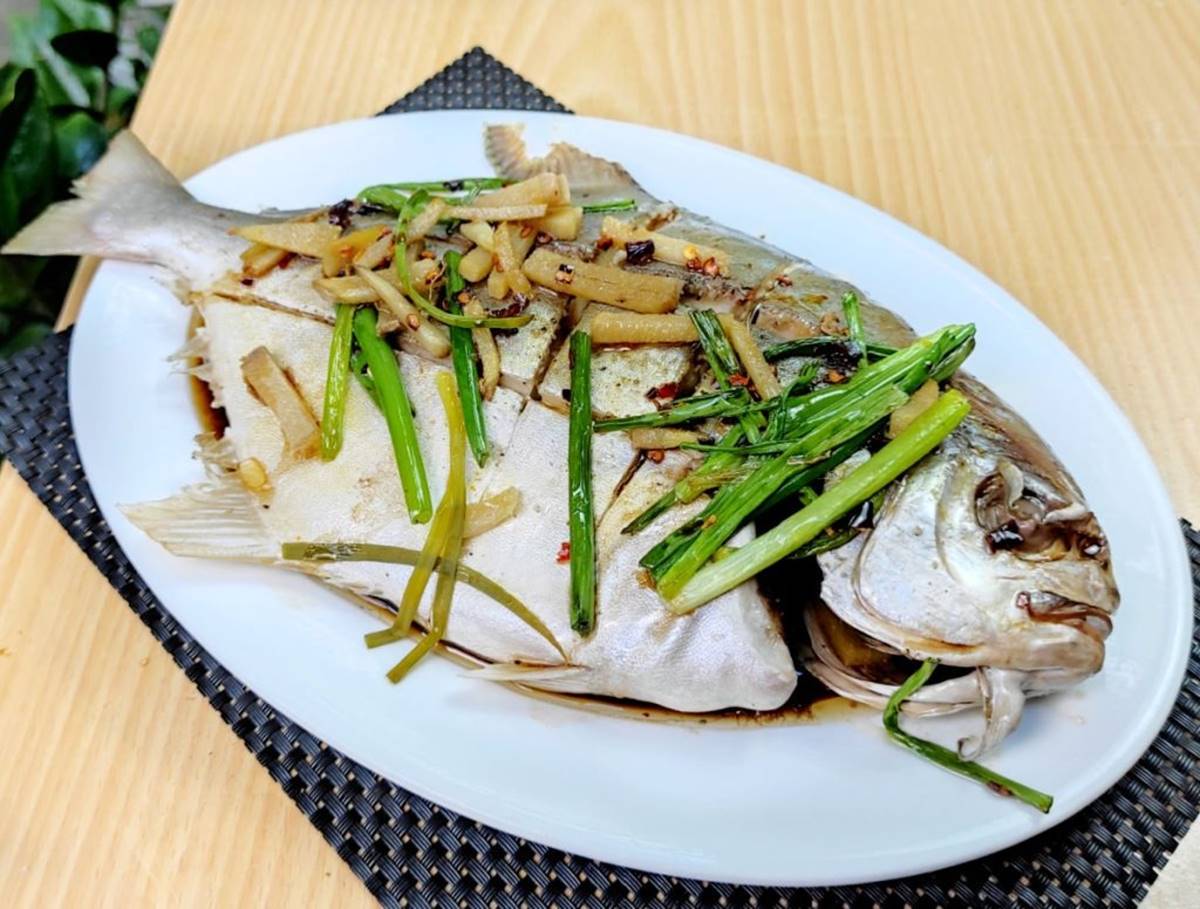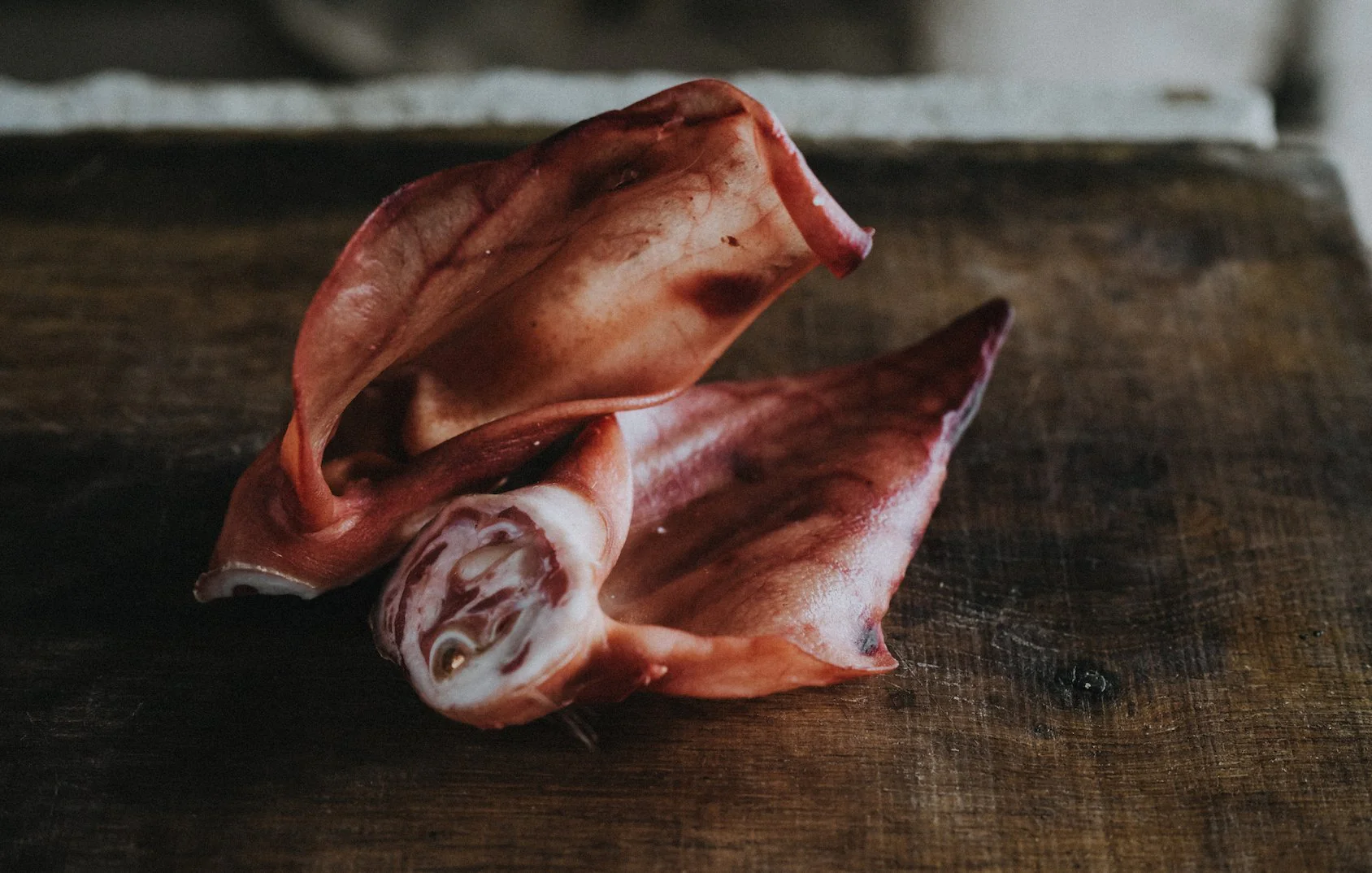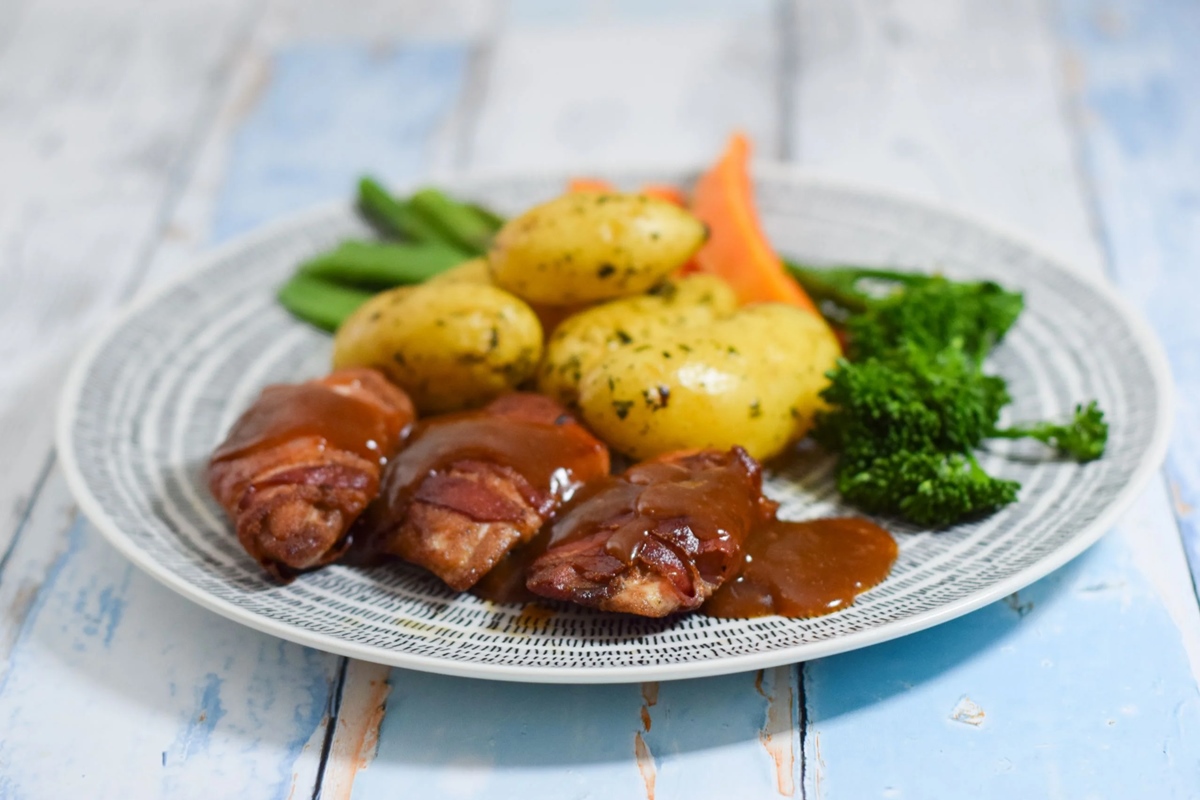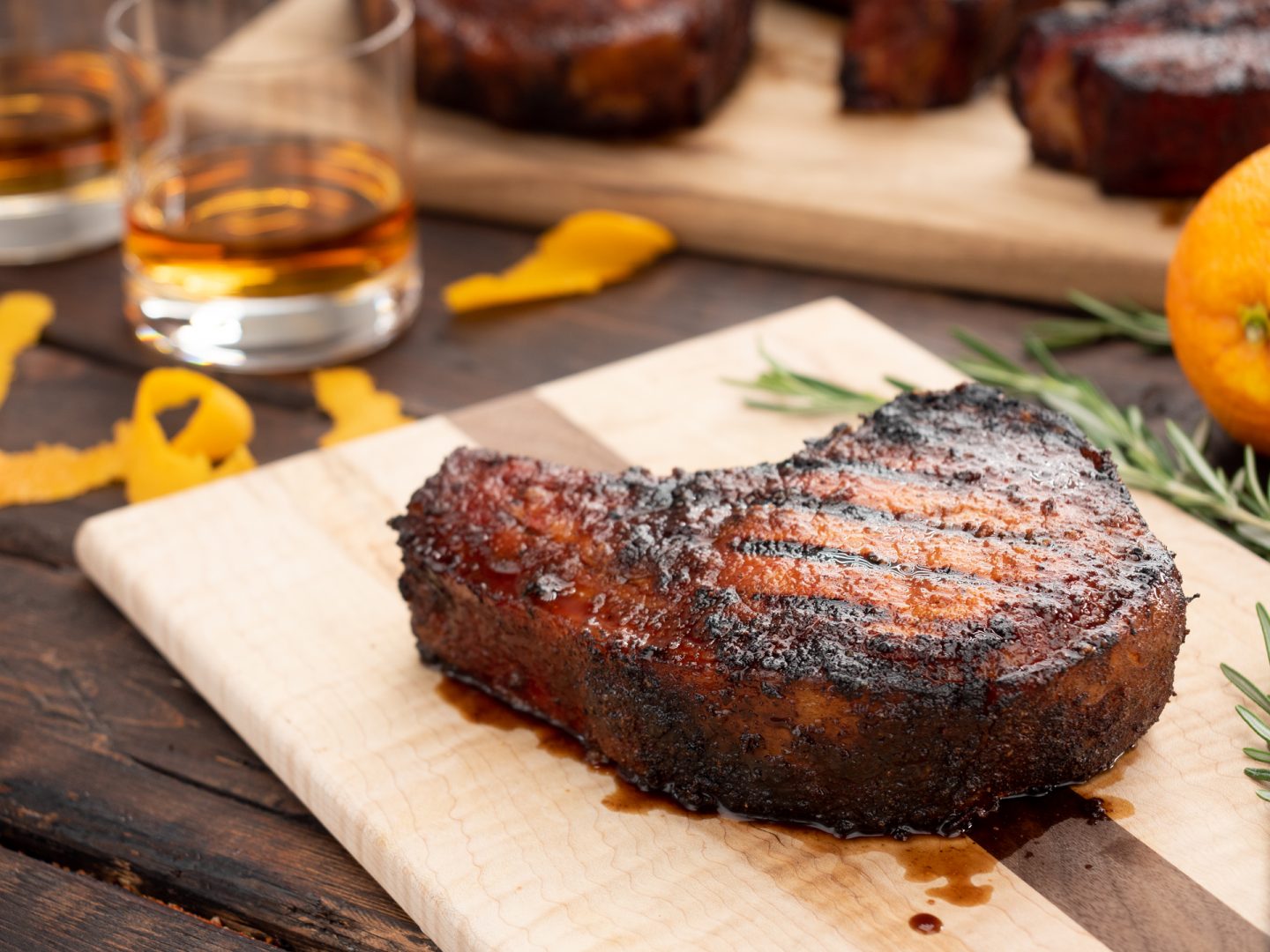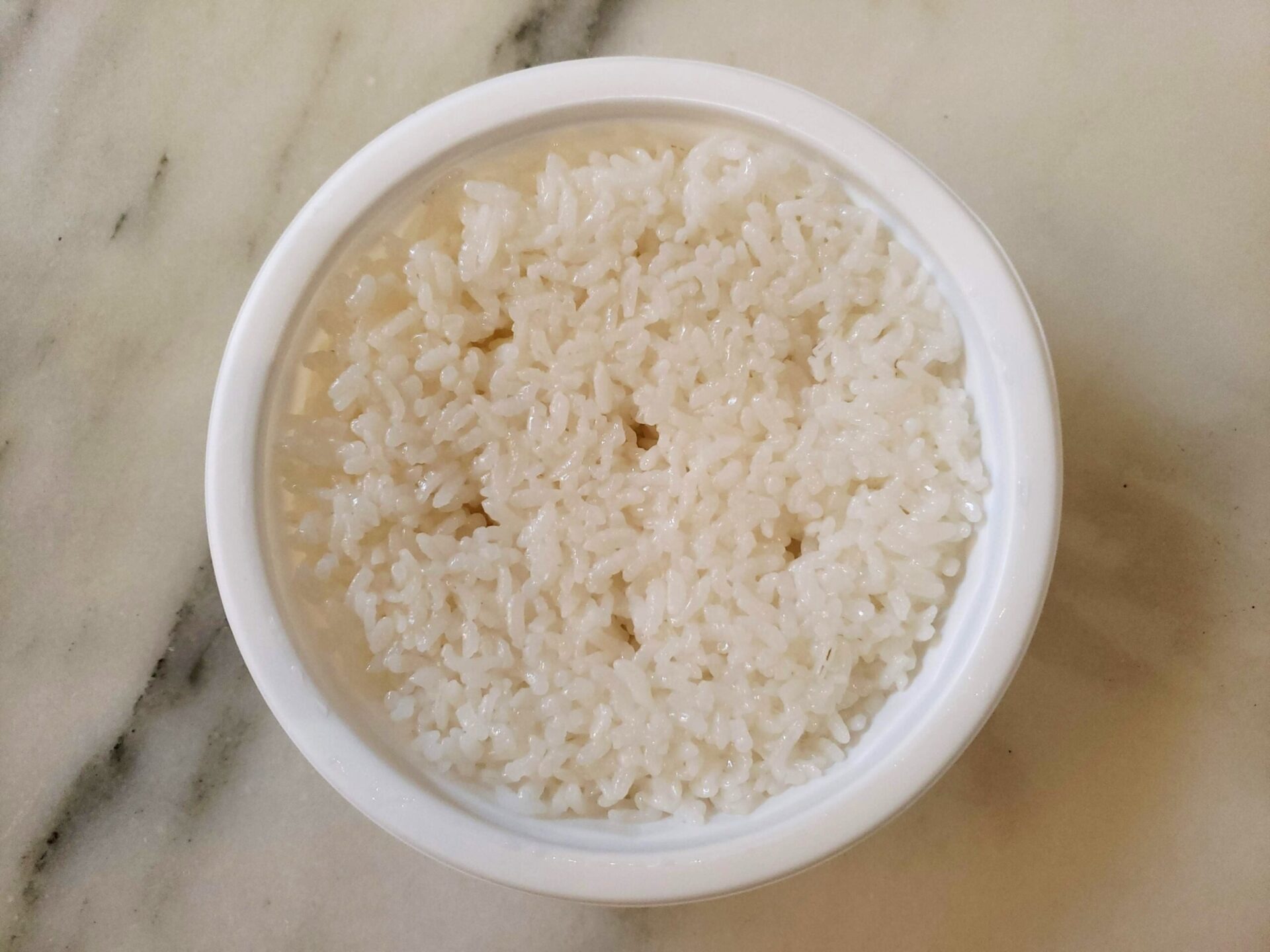Mastering the Art of Cooking Perfectly Non-Sticky Fettuccine Noodles
Greetings, fellow food lovers! Today, we are here to unlock the secrets of preparing delectable fettuccine noodles that are free from the clutches of stickiness. There’s nothing worse than a plate of pasta with all the strands fused together, so let’s dive into the techniques that will ensure your fettuccine noodles maintain their individuality and tantalize your taste buds.
Choose the Right Pot and Quantity of Water
Before we get to the cooking process, ensure you have a pot that is roomy enough to accommodate the fettuccine noodles comfortably. We recommend using a large, wide pot to allow the noodles ample space to move around while cooking. This will prevent them from clumping together.
Additionally, make sure you have enough water in the pot. A general rule of thumb is to use about 4 quarts (16 cups) of water per pound of fettuccine. Sufficient water volume will dilute the starch released by the noodles, reducing the chances of them sticking together.
Add Salt at the Right Time
Once the water comes to a rolling boil, it’s time to add salt. Remember, salting the water is not just for seasoning the noodles; it also helps prevent them from sticking together. Add about 1-2 tablespoons of salt per 4 quarts of water. Stir it in well so that the salt is evenly distributed throughout the water.
Timing is Key for Perfectly Cooked Noodles
While cooking fettuccine noodles, timing is crucial. Refer to the package instructions for the recommended cooking time, but keep in mind that it’s usually an estimate. To achieve an al dente texture (firm to the bite), try testing the noodles a minute or two before the suggested time. You want them to be cooked but still retain a slight chewiness.
- Keep an eye on the clock to avoid overcooking the noodles, which can lead to stickiness.
- Stir the noodles occasionally during cooking to prevent them from clumping together.
Drain and Rinse the Noodles
Once the fettuccine noodles have reached the desired texture, it’s time to drain them. Use a colander to separate the noodles from the water, but don’t stop there. Rinsing the noodles with warm water after draining can help remove excess starch that may still be clinging to the surface. This simple step further reduces the chance of sticky noodles.
Coat with Olive Oil or Butter
After rinsing, transfer the drained noodles back to the pot. To further prevent sticking, coat the noodles with a small amount of olive oil or melted butter. This thin layer of fat acts as a barrier, ensuring the noodles stay separate and clump-free.
Serve Immediately
Time is of the essence once the fettuccine noodles are cooked and coated. To enjoy them at their best, serve them immediately. Delaying the serving process gives the noodles a chance to cool and potentially stick together. So get your delicious sauce, garnishes, or toppings ready, and plate your non-sticky fettuccine noodles promptly.
Now that you’re armed with these expert tips, you’ll be able to cook fettuccine noodles without any sticky nightmares. Remember, a little attention to detail goes a long way in achieving the perfect plate of pasta. So, grab your apron, start boiling that water, and get ready to indulge in a scrumptious fettuccine feast!
Explore More Delicious Fettuccine Recipes and Uses
After mastering the art of cooking fettuccine noodles without sticking, it's time to put those skills to the test with a variety of delicious recipes. From the simplicity of Garlic Shrimp Fettuccine Recipe to the more intricate Truffle Oil and Parmesan Fettuccine Tips, there's a dish to challenge every level of culinary expertise. I recommend starting with the Creamy Mushroom Fettuccine Guide for its rich flavors and straightforward preparation. As you grow more confident, the Seafood Fettuccine Cooking Guide offers a sophisticated blend of flavors that are sure to impress. Whether you're cooking for a quiet family dinner or a special occasion, these recipes provide ample opportunity to refine your pasta cooking techniques while delivering mouth-watering results.
Was this page helpful?
Read Next: How To Cook Impossible Burger On Grill
